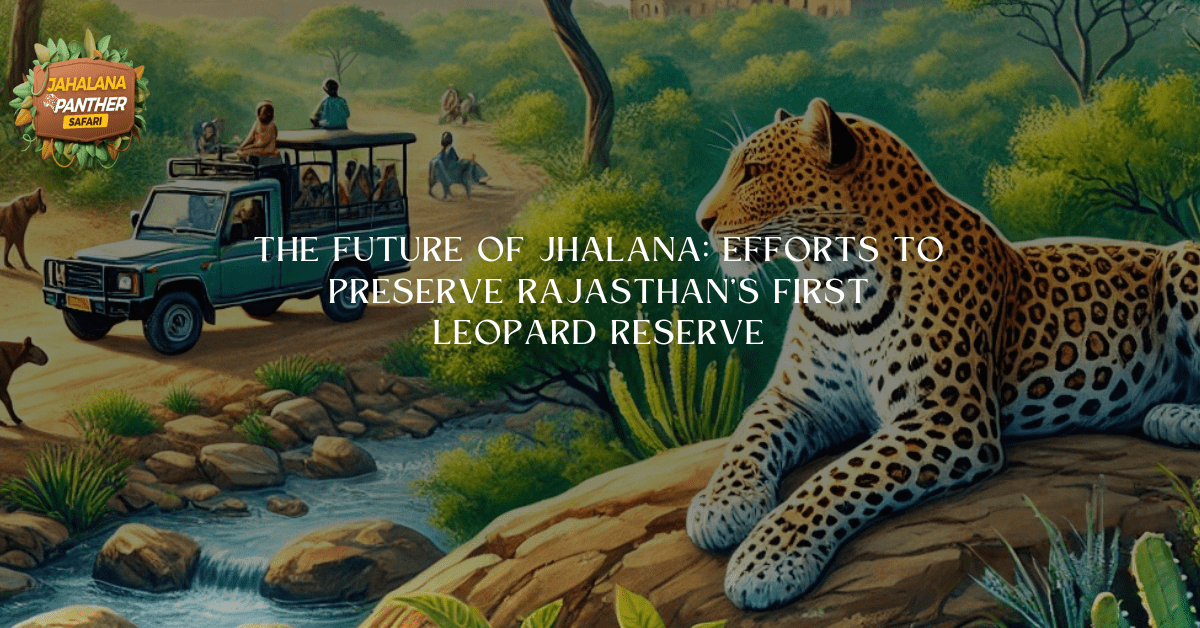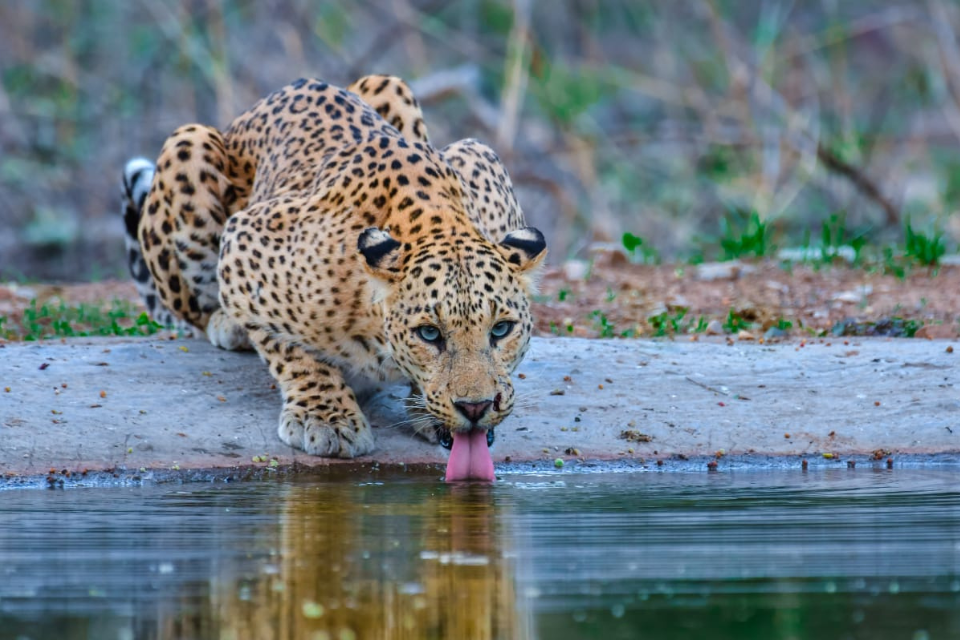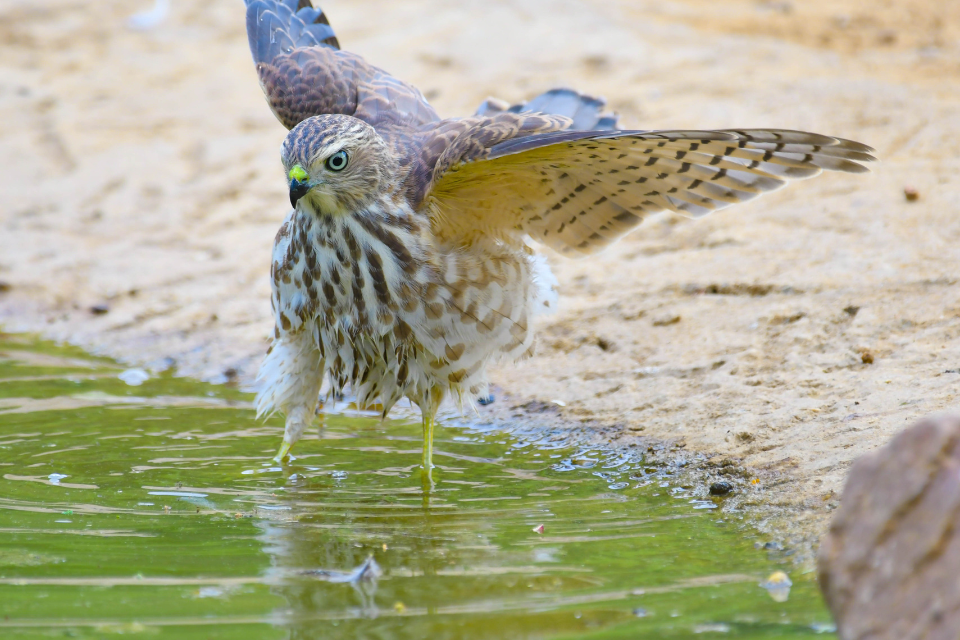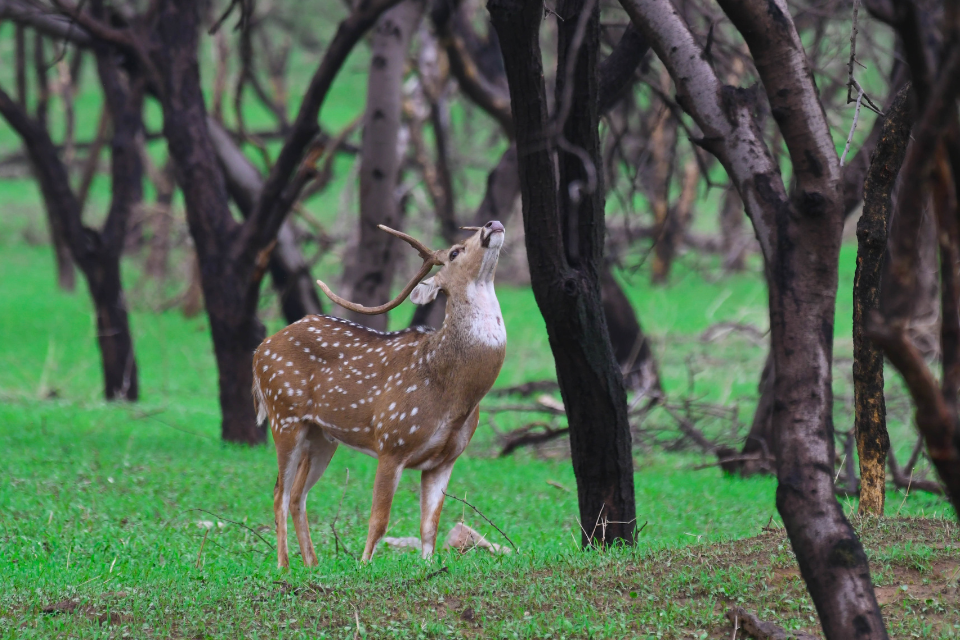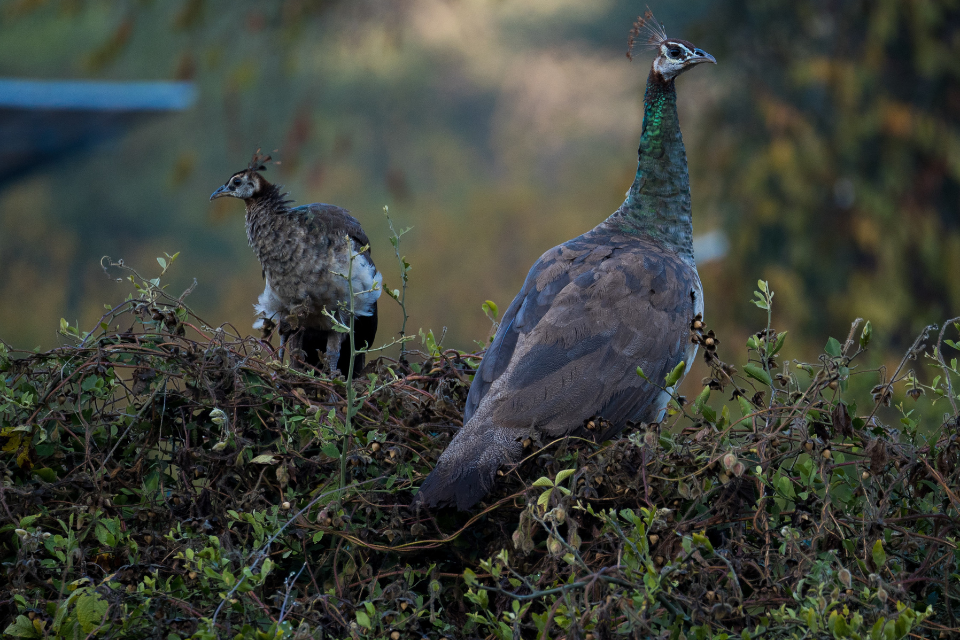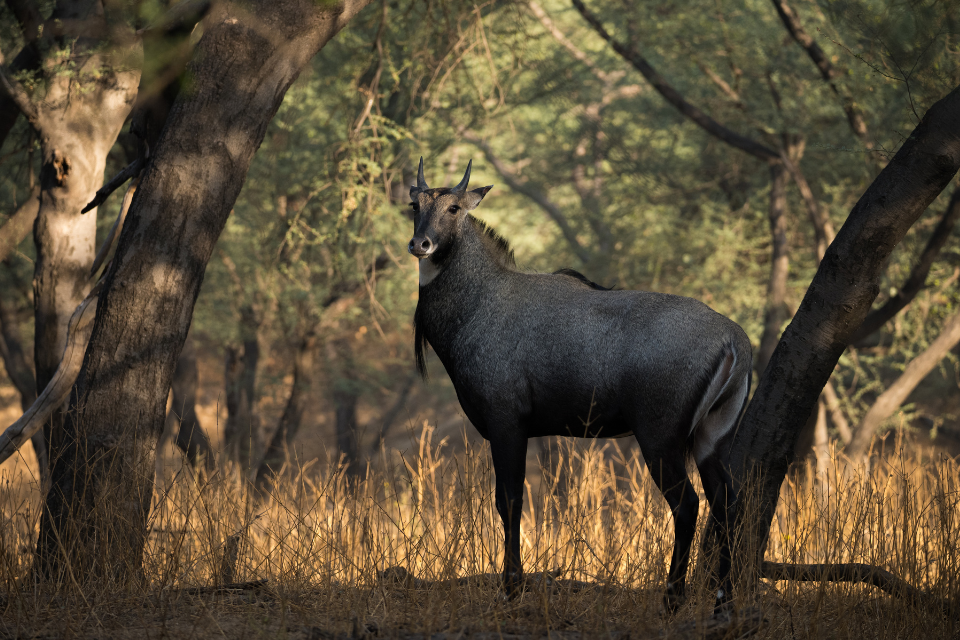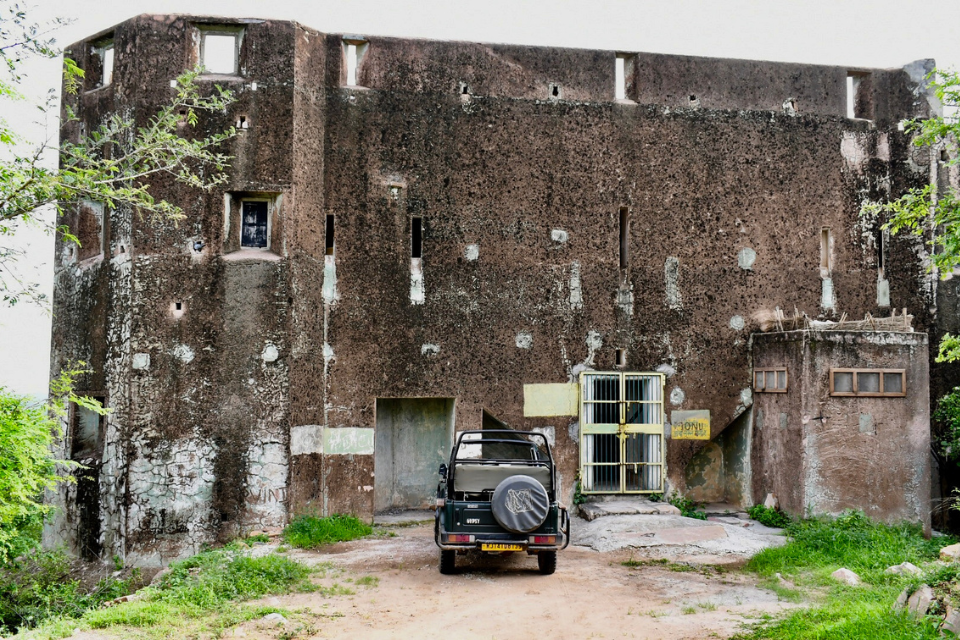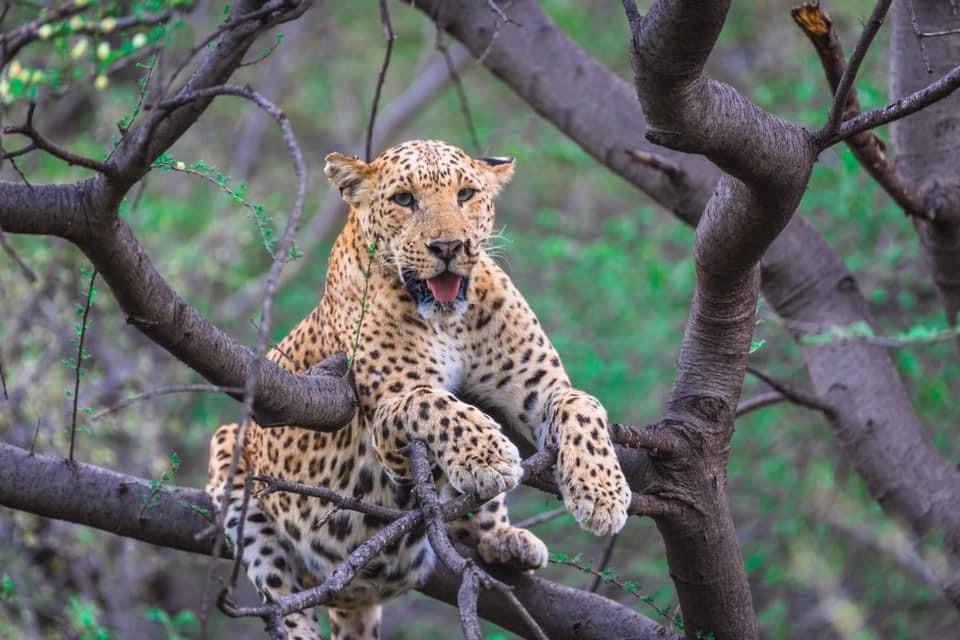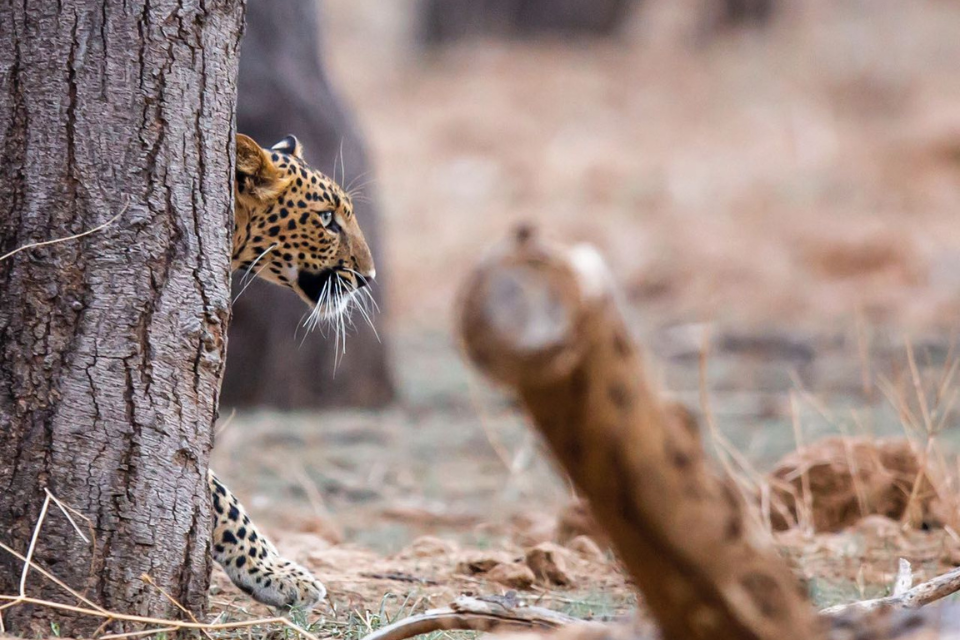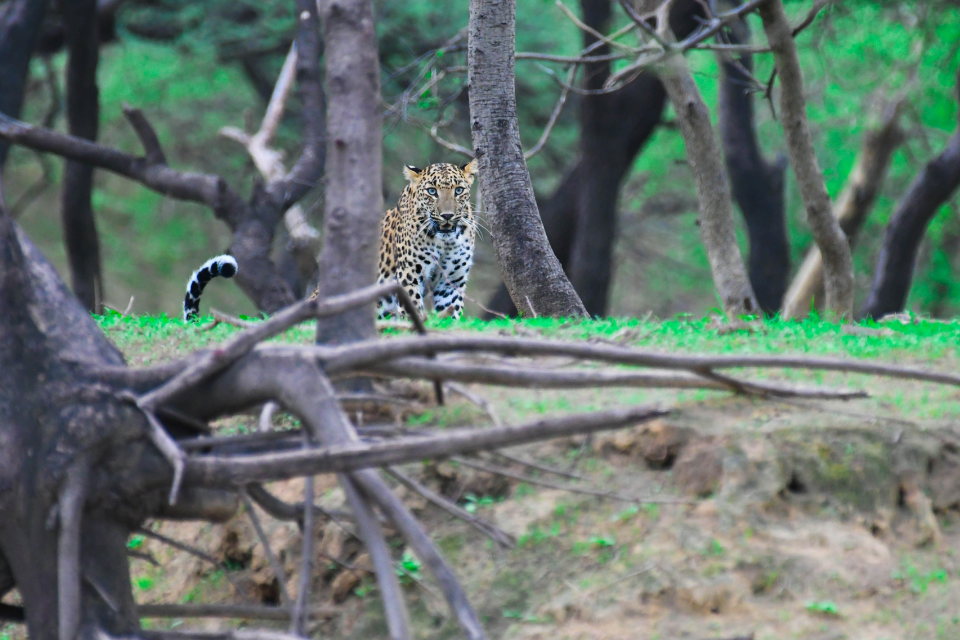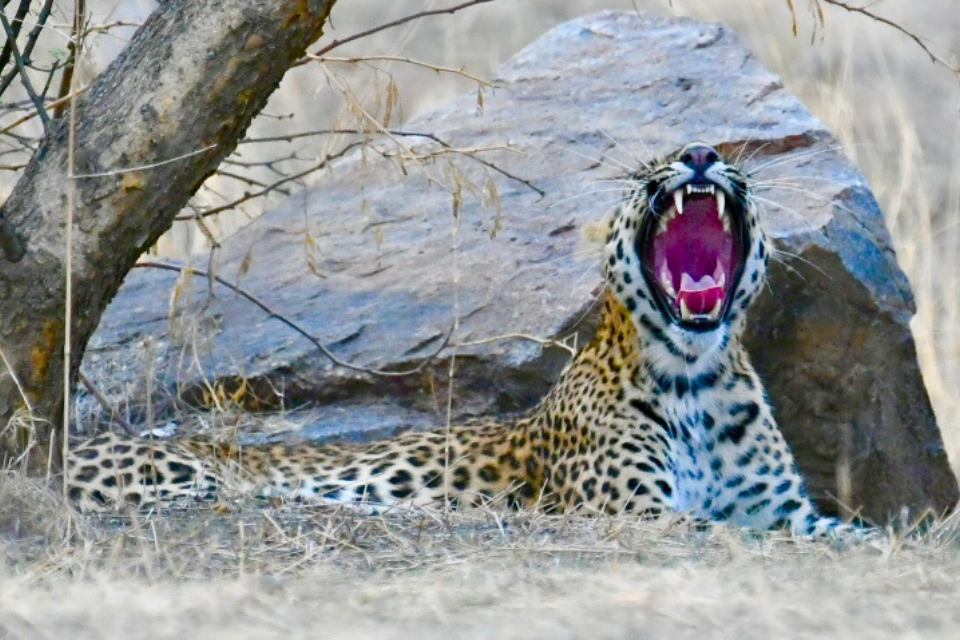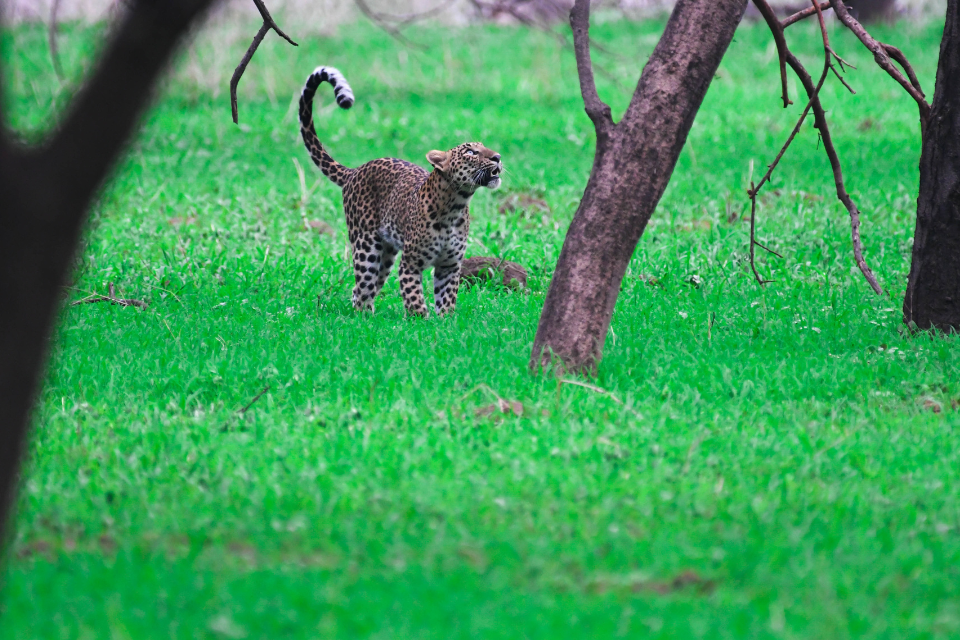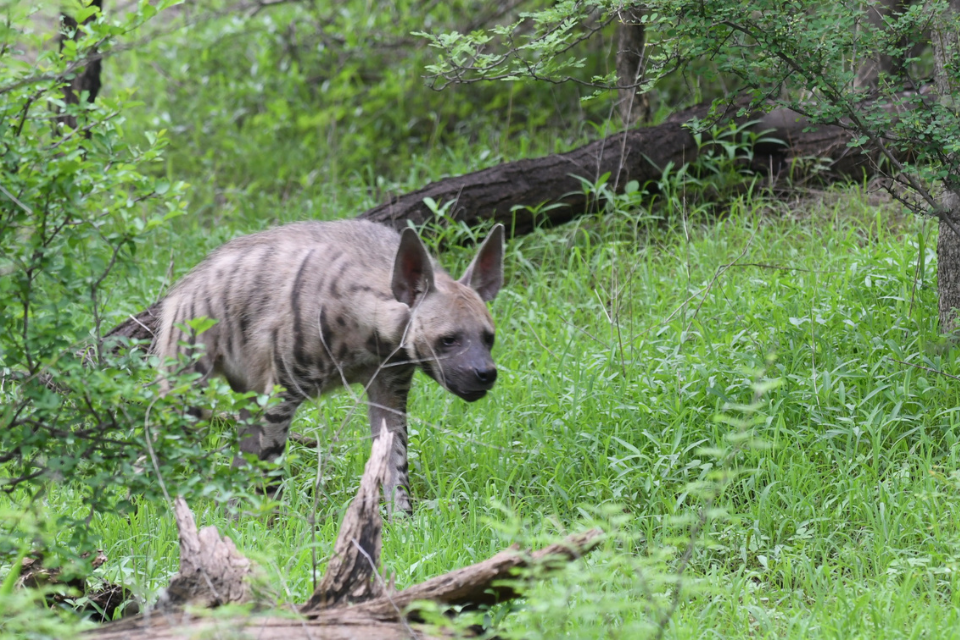- December 30, 2024
The Future of Jhalana Leopard Safari: Efforts to Preserve Rajasthan’s First Leopard Reserve.
Jhalana Leopard Safari, situated in the Jhalana Forest Reserve, stands as a shining example of urban wildlife conservation. Home to over 30 leopards and an incredible array of biodiversity, it represents the harmonious coexistence of humans and wildlife. Located on the outskirts of Jaipur, this unique reserve faces numerous challenges due to urbanization and environmental stressors. Ensuring its survival demands robust conservation strategies, active community participation, and innovative technological solutions.
The Current Status of Jhalana
Leopard Population
- Jhalana Leopard Safari boasts one of the highest leopard densities in India, underscoring its importance as a critical leopard habitat.
Biodiversity
- Beyond leopards, the sanctuary is home to hyenas, jackals, deer, langurs, and over 150 bird species, making it a biodiversity hotspot.
Tourism
- Thousands of tourists visit Jhalana Leopard Safari annually, supporting conservation efforts through eco-tourism revenue.
Threats
- Urban encroachment, habitat fragmentation, and increasing human-wildlife conflicts endanger the reserve’s delicate ecosystem.
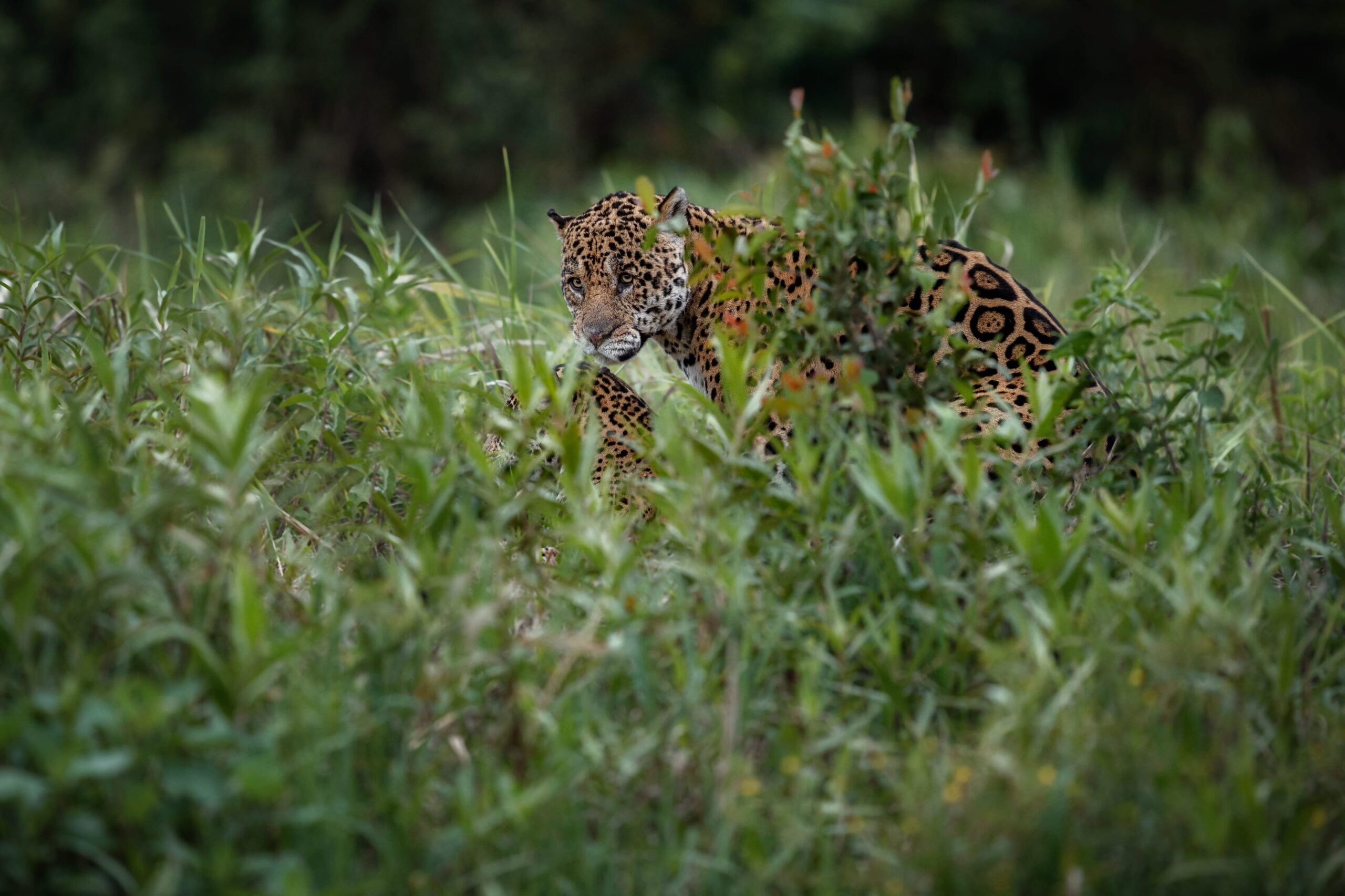
Conservation Efforts in Progress
Eco-Tourism Regulations
- Limiting safari vehicles and visitors to reduce stress on wildlife.
- Promoting electric safari vehicles to minimize carbon emissions during Jhalana Leopard Safari tours.
Wildlife Monitoring
- Camera traps and GPS collars track leopard movements and study behavior.
- Regular surveys assess the health of the sanctuary’s ecosystem.
Habitat Restoration
- Planting native trees and maintaining waterholes to enhance habitat quality.
- Controlled reforestation to combat soil erosion.
Community Engagement
- Employing locals as guides, drivers, and conservation workers builds a sense of responsibility towards the sanctuary.
Challenges Facing Jhalana
Urban Encroachment
- Jaipur’s rapid growth threatens Jhalana Leopard Safari, reducing the available habitat for wildlife.
Climate Change
- Rising temperatures and erratic rainfall affect water availability and vegetation in the forest.
Human-Wildlife Conflict
- Leopards occasionally stray into nearby residential areas, increasing the risk of conflict.
Over-Tourism
- Unregulated tourism can disturb wildlife and degrade the ecosystem of Jhalana Leopard Safari.
The Vision for Jhalana’s Future
Expanding Protected Areas
- Plans are underway to expand Jhalana Leopard Safari and connect it to other forests, creating crucial wildlife corridors.
Innovative Conservation Techniques
- Drones for surveillance and habitat mapping.
- AI-driven analytics to predict and mitigate human-wildlife conflicts.
Sustainable Tourism Models
- Online booking systems to manage visitor numbers.
- Eco-friendly lodges that blend with the forest environment.
Water Management Solutions
- Rainwater harvesting to ensure water availability year-round for wildlife.
The Role of Technology in Jhalana’s Conservation
Camera Traps and GPS Collars
- Essential tools for tracking leopard movements and understanding their behavior.
AI and Machine Learning
- Advanced analytics optimize conservation strategies for Jhalana Leopard Safari.
Mobile Apps for Reporting
- Apps enable locals to report wildlife sightings or conflicts for quicker resolutions.
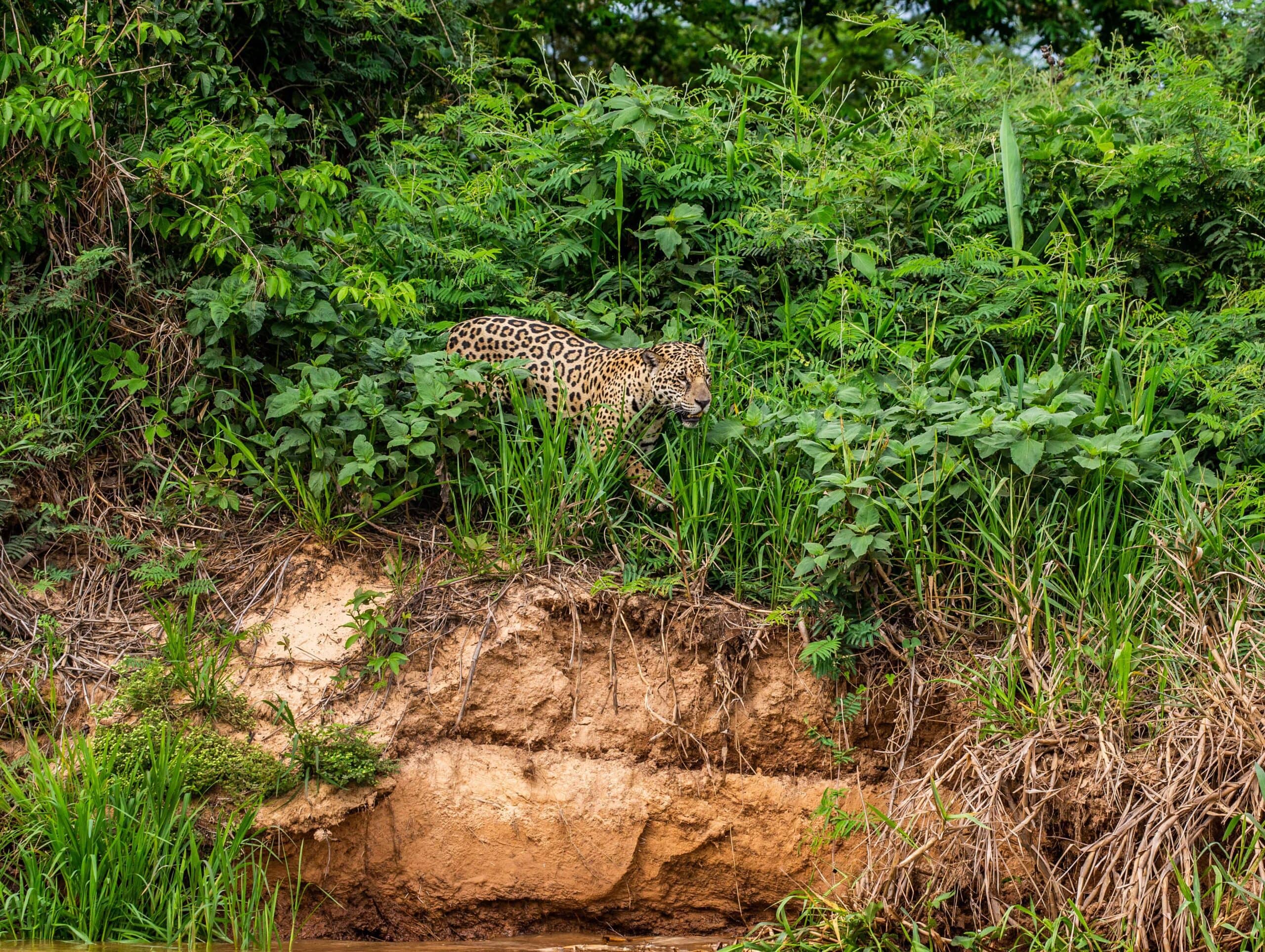
Community Involvement for a Sustainable Future
Educational Programs
- Workshops in schools and colleges to spread awareness about the ecosystem of Jhalana Leopard Safari.
Volunteer Opportunities
- Engaging youth in habitat restoration and wildlife monitoring initiatives.
Eco-Tourism Jobs
- Offering locals employment in eco-tourism fosters community ownership of conservation efforts.
Inspiration from Other Wildlife Reserves
Ranthambore’s Tiger Corridors
- Lessons from Ranthambore’s successful wildlife corridors can guide efforts at Jhalana Leopard Safari.
Sanjay Gandhi National Park
- Its model of urban coexistence between leopards and Mumbai’s residents provides valuable insights.
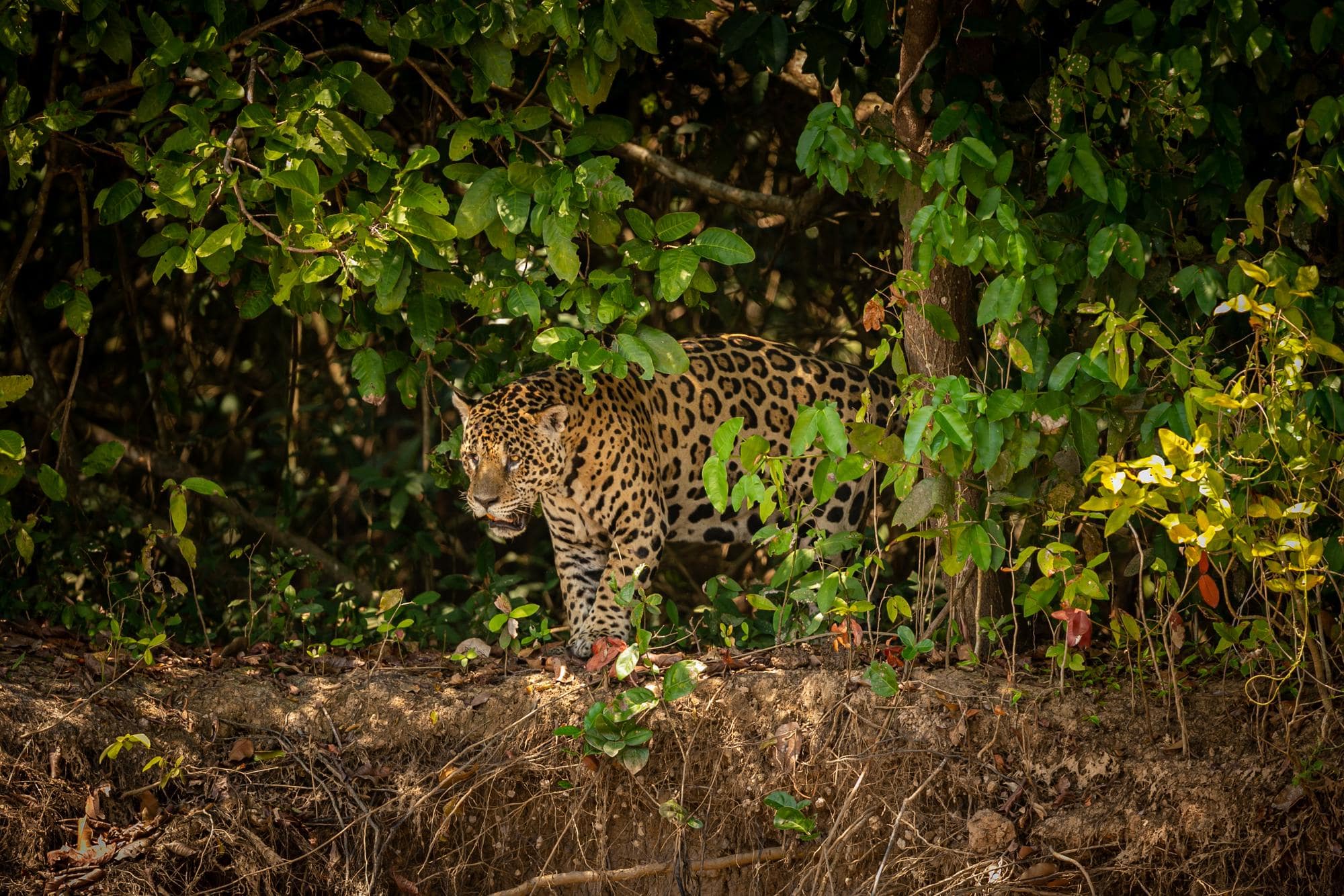
How Visitors Can Contribute
Respect Park Rules
- Follow safari guidelines, avoid littering, and maintain silence to minimize impact on wildlife.
Support Eco-Friendly Initiatives
- Choose tour operators prioritizing sustainability during your Jhalana Leopard Safari experience.
Spread Awareness
- Share responsible travel experiences to encourage conservation-minded tourism.
Conclusion
The future of Jhalana Leopard Safari lies in a collective effort by conservation authorities, local communities, and responsible visitors. By expanding protected areas, embracing innovative techniques, and fostering community engagement, Jhalana can thrive as Rajasthan’s first leopard reserve. Visitors not only enjoy a memorable wildlife experience but also play a vital role in preserving the delicate balance of nature for future generations.
Disclaimer All images used in this blog are either sourced from public domain or credited to their respective owners. If you are the copyright holder of any image and wish to request its removal or proper attribution, please contact us at [email protected]
